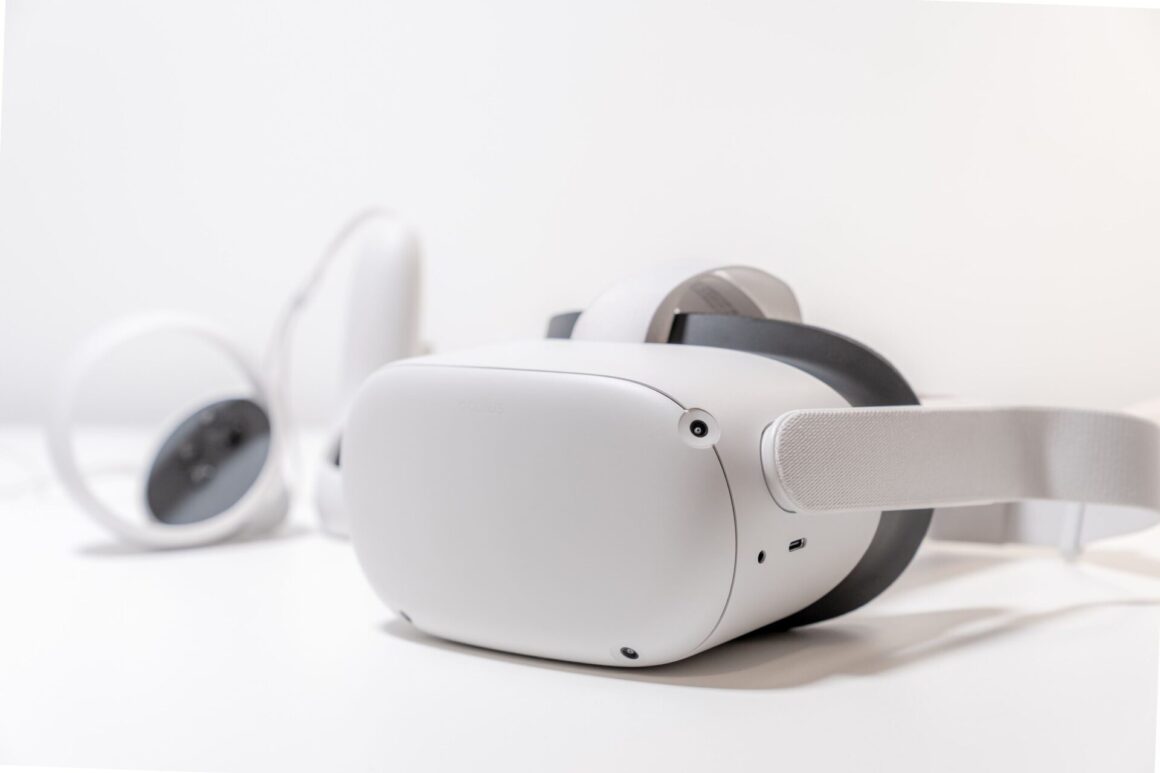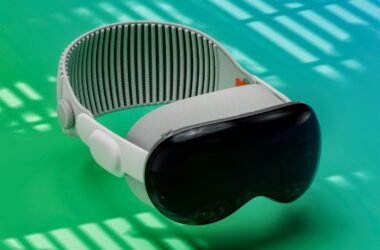Introduction:
Virtual Reality (VR) gaming has revolutionized the way we experience video games, taking us beyond the boundaries of traditional screens and immersing us in captivating digital realms. One of the key components of the VR experience is the gaming headset, which serves as the window to these virtual worlds. In this blog post, we will explore and compare some of the most popular VR gaming headsets, examining their features, performance, and overall value for gamers.
- Oculus Quest 2: The Oculus Quest 2 has garnered significant attention for its impressive capabilities and affordability. Powered by Facebook’s Oculus platform, it offers a standalone wireless experience, eliminating the need for a powerful gaming PC. With a high-resolution display, intuitive controls, and a wide range of games and applications, the Quest 2 offers an exceptional entry point into VR gaming.
- Pros:
- Affordable and accessible entry point into VR gaming.
- Standalone wireless experience without the need for a powerful PC.
- High-resolution display and intuitive controls.
- Extensive library of games and applications.
- Cons:
- Limited processing power compared to PC-powered headsets.
- The default head strap may feel uncomfortable during extended gameplay.
- Some users may experience discomfort due to the weight distribution of the headset.
- Pros:
- Valve Index: For those seeking a premium VR gaming experience, the Valve Index stands out as a top contender. With its high-resolution display, wide field of view, and precise tracking system, the Index delivers an incredibly immersive experience. Its unique controllers provide a level of hand presence and interaction unparalleled in the market. However, the Index does require a powerful gaming PC to function, making it a pricier option.
- Pros:
- Exceptional immersive experience with high-resolution display and wide field of view.
- Precise tracking system and innovative controllers offer unparalleled hand presence.
- Excellent audio quality and comfortable fit.
- Cons:
- Requires a high-end gaming PC, making it a pricier option.
- Limited availability in certain regions.
- The setup process may be more complex compared to standalone headsets.
- Pros:
- PlayStation VR (PSVR): Built for PlayStation enthusiasts, the PSVR offers a seamless integration with the PlayStation 4 and PlayStation 5 consoles. With a respectable library of games and an affordable price point, the PSVR appeals to console gamers looking to delve into virtual reality. While its display resolution might not match some high-end headsets, the PSVR delivers a solid VR experience and benefits from the strong PlayStation ecosystem.
- Pros:
- Seamless integration with PlayStation consoles.
- Affordable pricing, especially for existing PlayStation owners.
- Solid library of games, including notable exclusives.
- Comfortable design for extended gameplay.
- Cons:
- Lower display resolution compared to some PC-based headsets.
- Tracking system may not be as precise as others.
- Limited room-scale tracking capabilities.
- Pros:
- HP Reverb G2: The HP Reverb G2 combines the expertise of HP, Valve, and Microsoft to deliver a high-resolution display and excellent visual clarity. With its precise tracking and comfortable design, the Reverb G2 caters to both gamers and professionals. It is a PC-powered headset that requires a capable computer to unlock its full potential. Although the game library is not as extensive as other platforms, the Reverb G2 shines in simulation and training applications.
- Pros:
- High-resolution display and excellent visual clarity.
- Precise tracking and comfortable design.
- Ideal for professionals and simulation applications.
- Collaboration between HP, Valve, and Microsoft ensures quality.
- Cons:
- Requires a capable gaming PC for optimal performance.
- Smaller game library compared to other platforms.
- Some users may find the cable management cumbersome.
- Pros:
- HTC Vive Cosmos: The HTC Vive Cosmos aims to strike a balance between performance and ease of use. Its inside-out tracking system eliminates the need for external sensors, making setup more straightforward. With its sharp display, comfortable fit, and modular design, the Cosmos offers versatility for both gaming and other VR applications. While the Cosmos has improved significantly since its launch, some users have reported tracking issues.
- Pros:
- Versatile and easy-to-use design with inside-out tracking.
- Modular faceplate allows for future upgrades.
- Solid display quality and comfort.
- Wide range of VR experiences available.
- Cons:
- Tracking performance may be less reliable compared to other headsets.
- Initial software and tracking issues reported at launch.
- Additional modules and accessories can significantly increase the overall cost.
- Pros:
Comparisons:
- Display and Resolution: Oculus Quest 2 and HP Reverb G2 excel in display quality, offering crisp visuals and high resolutions. Valve Index and HTC Vive Cosmos also provide impressive displays, but the Index stands out with its wider field of view.
- Tracking and Controllers: Valve Index’s precise tracking and innovative controllers set it apart from other headsets. Oculus Quest 2 and HTC Vive Cosmos offer solid tracking, while PSVR lags slightly behind.
- Game Library and Content: Oculus Quest 2 benefits from a robust library of games and applications. PSVR boasts a strong lineup of exclusive titles, while Valve Index and HTC Vive Cosmos offer access to a wide range of VR experiences.
Conclusion:
Choosing the right VR gaming headset depends on individual preferences and requirements. Oculus Quest 2 provides an excellent entry point with its affordability and wireless capability. Valve Index stands out for its premium features and immersive experience. PlayStation VR appeals to console gamers, while HP Reverb G2 targets professionals and simulation enthusiasts. HTC Vive Cosmos offers versatility and ease of use. Regardless of the choice, each headset offers a gateway to awe-inspiring virtual
We hope this in-depth review and comparison of VR gaming headsets has provided you with valuable insights into the world of virtual reality gaming. Now, we’d love to hear from you! Have you tried any VR headsets mentioned in this post? What are your thoughts on the VR gaming experience? Do you have a favorite headset or any additional recommendations? Share your experiences, opinions, and questions in the comment section below. We look forward to engaging in a lively discussion with our readers!









